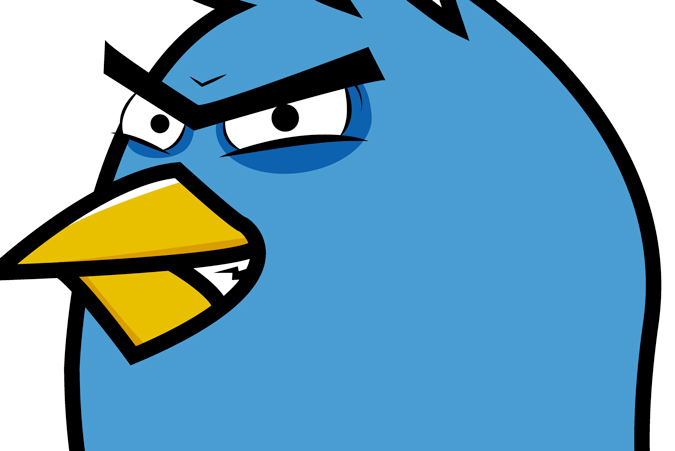Aaron Charlie
29 Jul 2013
Social Media is Making the World a Better Place
Just over a week ago I had a rant about why social media isn't ruining the world, focussing on the reasons social media is said to be spoiling everything from our relationships to our memories and dispelling the myths that have been built up in the last few years.
My heckles had been raised by certain articles on well-regarded sites like the Huffington Post and well... also the Daily Mail. I was wound up I admit. Like this guy:
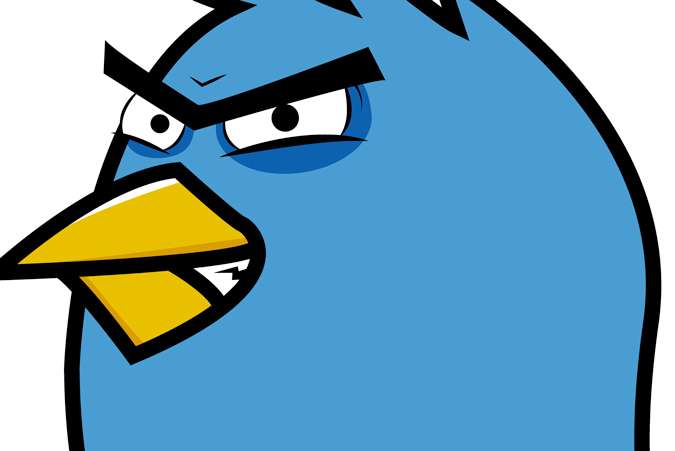
Maybe I hadn't had my morning coffee (milk, two sugars, if you're wondering) but I responded with a bit of a diatribe.
This week I'm going to take a more positive approach. I've just had a green tea and I got my full 8 hours sleep last night, so I'm going to calmly explain why I think social media is actually making everything a whole lot better.
On our Social Media Course, we explain why social media is so useful and important for business; something I'll expand on later, but there are plenty of other reasons social media really is a force for good. Like how it:
Extends Democracy and Increases Political Activism
Now, I'm a former Politics student (who am I kidding? I'm a Politics student for life!) and so one thing I strongly believe in is the power and importance of politics in society.
Come at me with the 'but all parties and politicians are the same' line and I'll kindly show you how the easiest trajectory out of the door is via the end of my Dr. Marten. I don't wear Dr. Martens but the visual image somehow seems more appropriate than that of a canvas plimsoll.
Politics is about so much more than a bunch of middle-age Oxbridge alumni sitting in a 1000 year old building (some of it) shouting at each other. It's about people. And so too, it just so happens, is social media.
The two go together better than Brad and Angelina, John and Edward or Kate, Wills and George (obligatory shoe-horned Royal baby reference? Check.)
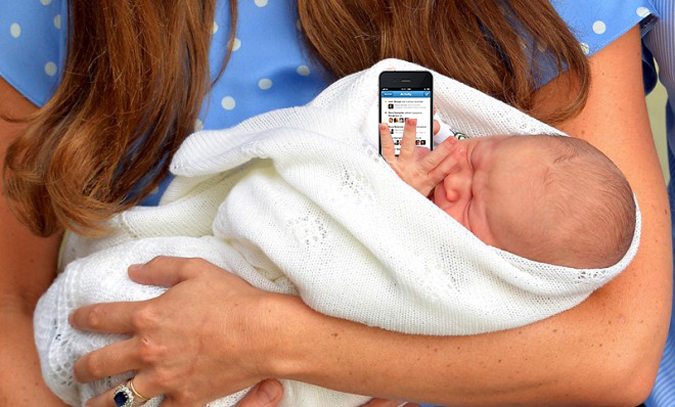
It's become a bit of a cliché to discuss the impact of social media on the middle-eastern uprisings but the truth is, it's a cliché for a reason (which is in itself a cliché thing to say - cliché-ception going on here).
Whether or not you think the Arab Spring was successful/a good thing, you cannot deny the power that social media gave to the people. What would have once only been achievable through years of meticulous planning and covert co-operation was enacted across an entire region with the help of Facebook, Twitter and the like.
One need only look at the governmental response in Turkey to the recent widespread protests for evidence of the power that social media now holds in the political sphere - they have tried to censor Twitter and other social sites to prevent the posting of, as they refer to it, "propaganda" or "misleading information".
These days, if you're a crazy despot or dictatorial government that wants to keep the citizenry under strict control (and I hope you're not), then censoring and even blanket banning social media appears to be the way to go.
Just look at North Korea where the chubby face of evil, Kim Jong Un, prevents his people even accessing 'real' internet or in China where social sites including Facebook and Twitter are off-limits.
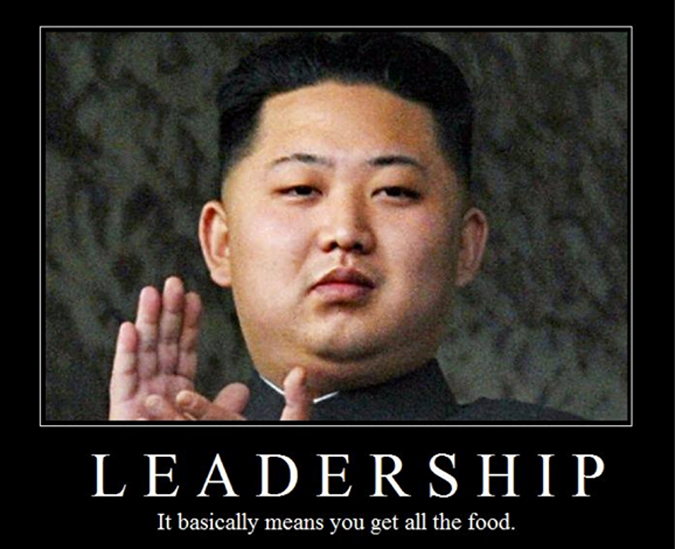
Now I'm by no means saying there's a causal link (that would be absurd, North Korea's been oppressing its people since way before anyone knew what a hashtag was) but a correlation? Absolutely.
Internet and social media censorship is common practice in countries like Zimbabwe, Iran and Saudi Arabia amongst many others, and has become an extension of the censorship of the press that used to be enough to maintain an oppressive regime.
It's not just in these sorts of nations that social media can have a transformative impact though. Politics in the West has been completely shaped by online networks in recent years.
The 2008 Obama election campaign was the first in U.S history to use social media to it's full potential. Racking up a staggering 2.5 million followers just on Facebook, it's clear that Obama and his team recognised the importance of a well-crafted social media presence even in the political realm.
But it was more than this. As Jason Parham states - "(It's about) Social media as movement. In the age of Obama, a tweet to your 300 followers about the importance of registering to vote is just as vital as knocking on doors in an effort to get community members to the polls. "
It's these grass-roots activities that social media has made easier than ever before and which collectively can shape the outcome of an election or ideological movement.
Increases Empathy, Compassion and the 'Social Collective'
Okay so we all know about cyber bullying and trolling and I've got to admit, they are an unpleasant by-product of the internet and social media.
The thing is though, there will always be nasty people out there and they will always find a platform for their nasty views.
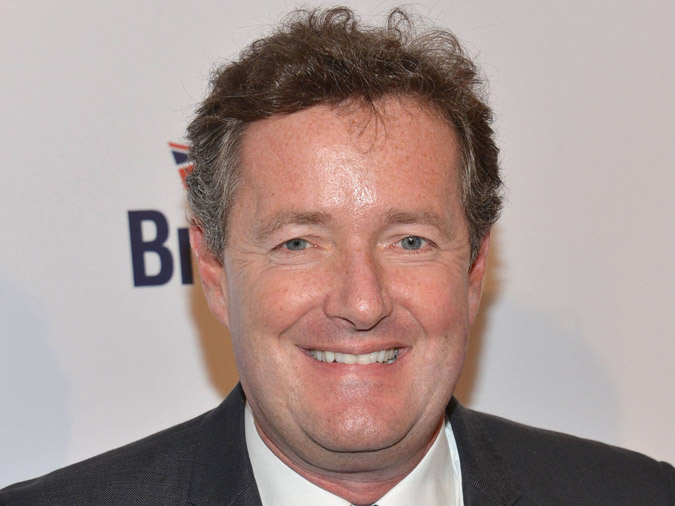
Point proven.
We've had the KKK, the Nazis (I know, Godwin's law and all that) and plenty of other groups to boot that managed to spread their messages of hate without being able to put a hashtag in front of it. Yes, the internet and social media makes it easier for the 'average Joe' to spew forth bile and get it heard, but it also allows for the opposite - for positive messages and views to be perpetuated.
Reddit, although perhaps not classifiable as traditional social media, is full of heart-warming tales. So many in fact, it can get a bit too saccharine for a grumpy old cynic like me.
It's undeniable though that stories like the petition to get a fired waitress rehired, the fundraising campaign to give a bullied bus attendant a holiday and the Boston Marathon survivor reunited with a Good Samaritan who gave her his medal show the true compassion that humans are capable of, and how social media can be the perfect platform to help to this end.
But it's not just these Disney-esque tales that prove the social worth of social media. Charities and fundraisers too have seen the potential within this new world.
It used to be the case that if you wanted to raise money for a charity, you'd have to go around knocking on neighbours doors asking for them to pledge support for your sponsored run, bike ride, hair shaving, toenail clipping or whatever.
These days, that can all be achieved through social media. Not a day goes by that I don't see someone raising money for something on Facebook. Now, while it can get a bit irritating, there's no doubting that these people are genuinely helping a good cause.
In times of disaster too, social media shines through. Not only do sites like Twitter act as first-response news and information services, but they can help to provide monetary support and even reunite people in extreme cases.
It's this promoting of the social good that makes social media such a powerful force, even if it's predominantly preoccupied with cute cats.
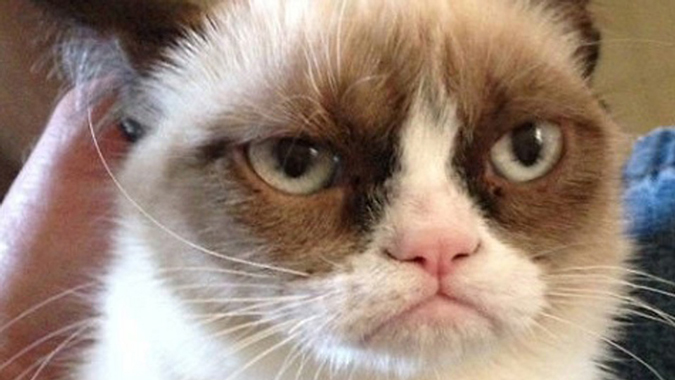
And this little guy...
Makes Business Better and More Accountable
The days of the Mr.Burns-like CEO, sitting in 50th floor office counting piles of money and fondly caressing his latest ivory back-scratcher, are beginning to fade.
Yes, there are still the Donald Trumps and Rupert Murdochs of this world, but they're a dying breed. And even they're both on Twitter.
Social Media has brought with it a new way to do business. Where there were once millionaire investors and oak-laden boardrooms, there are now millions of 'micro-investors' and comfy home-offices.
Now I'm not saying the 'traditional' style of business no longer exists, but what was once the only way to do things, is now actually an unusual way to do things.
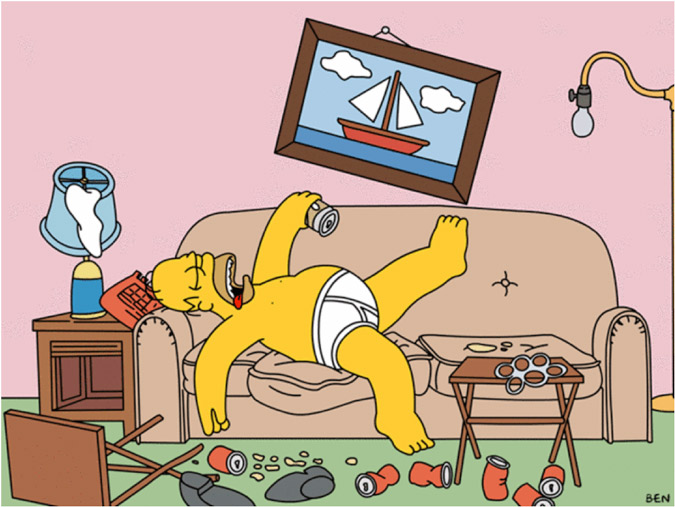
Apparently this is still frowned upon in business meetings though...
A huge change is how start-ups raise funds. While some still seek large-scale investors and bank loans, others look to social media for crowd-funding.
In fact, entire sites like Kickstarter have been set up for this purpose, and again although not social media in the Facebook/Twitter sense, much of the processes and design draws from these sorts of sites.
When a business is funded in this way, it feels some kind of duty to act responsibly for its backers and customers, rather than just for its directors.
The other massive change in business brought about by social media is an enhanced level of accountability. When you can tweet a company with a complaint and receive an almost instant response, businesses begin to think differently about how they interact with customers.
This is exactly what happened with my friend here:
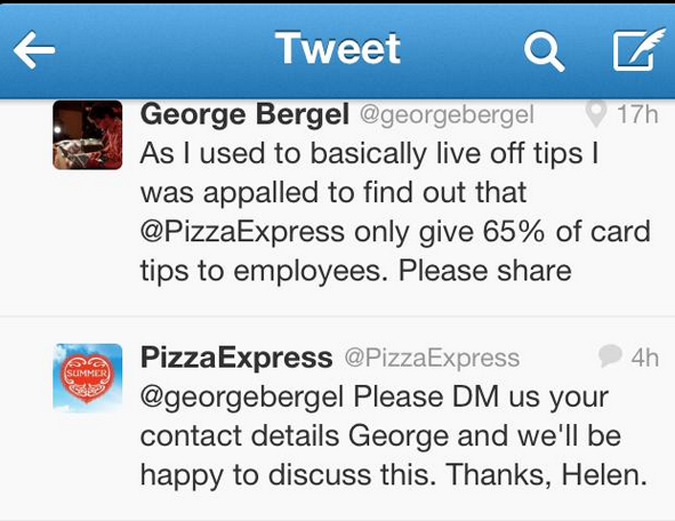
Businesses want to avoid PR nightmares at all costs and when you have a large public platform that can instantly be used to spread positive or negative impressions of your company to millions of people, you tend to act more responsibly.
This leads to better customer service all round, which ultimately means better business practice and therefore in the long-term, more money for the business.
Conclusion
So here goes with a completely unrelated Star Wars analogy.
Social media is like a lightsaber. Used irresponsibly and it'll take your arm off. Used well and it can be a devastatingly powerful tool for good.
People will always find ways to abuse new technology but it's up to the good people in this world to balance out these misuses.

Red Lightsaber + cigarette = bad/really cool.
Philanthropist vs troll, light vs dark, Jedi vs Sith. The force is strong in social media.
It's a new hope, a way to strike back against the old media empire and something about Return of the Jedi... I've really exhausted the metaphor. And it's certainly not a trap!
That wasn't force-d at all.
See how social media can be part of an overall content marketing strategy on our Content Marketing Training.
